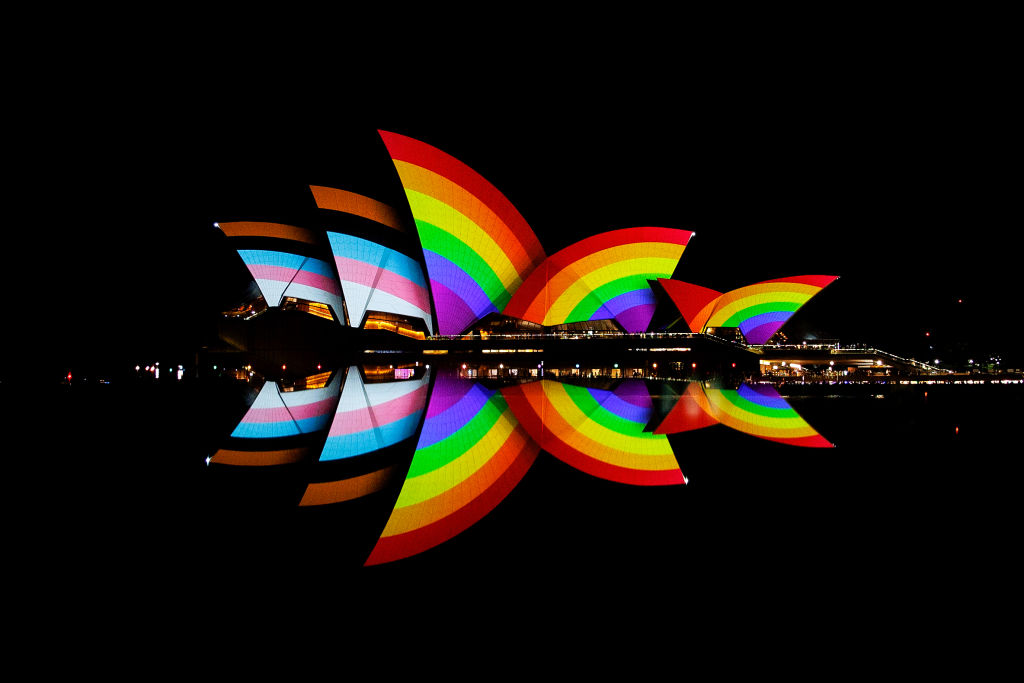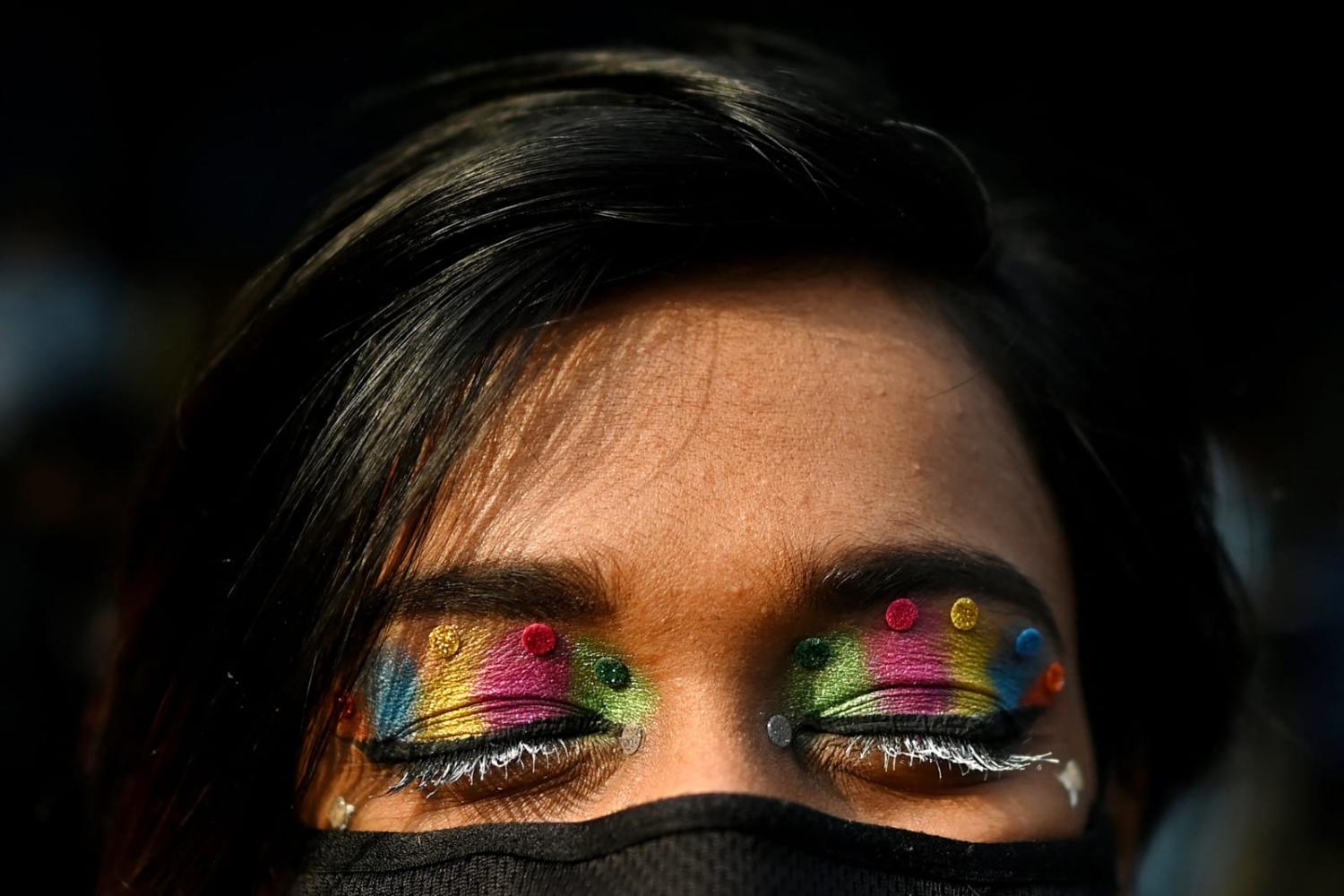I come from the Philippines and as a transgender woman in a predominantly Christian society, it is somehow a paradox that regardless how conservative and colonial our collective is, there seem to be so many LGBTQ Filipinos. There is no gender recognition law in the Philippines, just like in Indonesia and Malaysia, which are both predominantly Muslim societies. There are also no same-sex union laws in these three countries, unlike the recent victory of Taiwan towards marriage equality.
Taiwan’s marriage equality and having recently mounted one of the largest pride events in Asia also predates striking down of the anti-sodomy law of Singapore (377A) and the 2023 court victory of two transgender men in Hong Kong to change their gender markers on their identity cards without the coercive medical surgeries such as sterilisation, among other victories.
These few instances, however, and the growing LGBTQ collective movements in Asia, do not guarantee proportionate or linear improvements in the lives of LGBTQ people in the region. The Sydney WorldPride 2023 event held in late February and early March was a chance to open opportunities for us to learn what journeys have worked and what else we can take.
As a transwoman, or transpinay (transgender women from the Philippines), now living in Hong Kong as a lecturer and researcher, WorldPride offered me a vivid experience. I was invited by the SWP and Equality Australia organising team to be among the plenary speakers and a panelist in other thematic sessions. This was part of the SWP Human Rights Conference as a precursor to the conference proper. The week-long activities provided me and hundreds of other scholars, activists, advocates and allies from different countries to come together and celebrate the Sydney Gay and Lesbian Mardi Gras and international WorldPride, which was hosted by Copenhagen in 2021 and Sydney in 2023.

Many acknowledged that the latest international WorldPride event was the biggest and perhaps most memorable, and for me, having attended 2021 virtually and the 2019 New York WorldPride in person, this was indeed the best. The acknowledgement of country at the commencement of sessions was important as part of a broader reminder of how LGBTQ have always been part of societies that once celebrated diversity, equity and inclusion, and how colonisation and imperialism caused erasures, marginalisation and oppression across the world with labels such as people of colour, migrants, people with neurodiversity and LGBTQ people, among others. Upon arrival at Sydney Airport, being greeted by Pride images such as rainbows and the SWP slogans and posters made me feel welcomed. All these images and reminders of our queer celebrations carry a transnational message of safety – especially for some of us in countries or cities that are not very safe for LGBTQs.
This stretches beyond Asia. In the United States, for example, states such as Florida, Texas, Montana and Tennessee among others have introduced policies or shifts in social tones that we LGBTQs would deem as unfriendly or phobic. (Incidentally, Washington, DC will be the 2025 host for WorldPride.)
Those gathered in Sydney also acknowledged how Asia and the Pacific Islands and the Global South societies were once pioneers of diversity and yet for many years have struggled to fight for freedoms, recognition, opportunities and human rights. This was extended by the chance to build new partnerships and learn from other movements in different parts of the world about how LGBTQ people can individually and collectively continue fighting for social, political and overall progress that truly reflects diversity, equality, equitability and inclusion.
It serves as a reminder of what Pride truly means to us – a celebration of the victories, an assessment of our realities, and a hope for our shared brighter futures beyond the rainbows.

